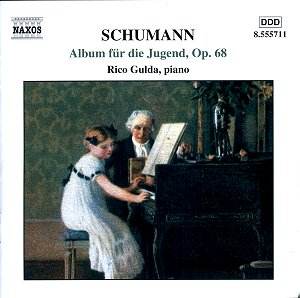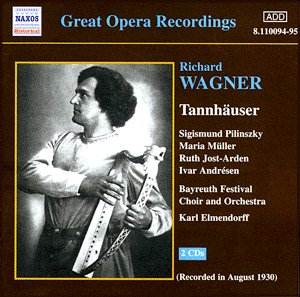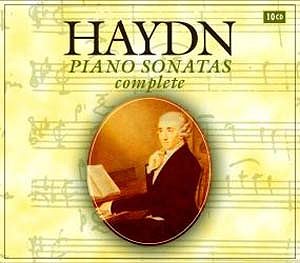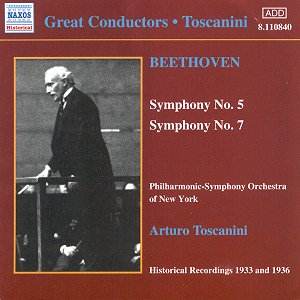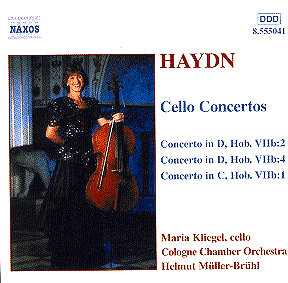 Composer: Joseph Haydn
Composer: Joseph Haydn
Works: Cello Concerto in D major (Hob VIIb:2), Cello Concerto in D major (Hob VIIb:4), Cello Concerto in C major (Hob VIIb:1)
Performers: Maria Kliegel (cello), Cologne Chamber Orchestra, Helmut Müller-Brühl (conductor)
Recording: Recorded at Deutschland Radio, Cologne, 22–25 May 2000
Label: NAXOS
Haydn’s contributions to the cello repertoire, though overshadowed by later Romantic composers, encapsulate a blend of elegance and innovation that continues to resonate within the classical canon. The three concertos presented in this recording—while two are firmly attributed to Haydn, the third remains a subject of scholarly debate—offer a fascinating glimpse into the evolution of the cello as a solo instrument during the Classical period. The question of authenticity surrounding the D major concertos adds a layer of intrigue, yet what ultimately matters is the music itself, brimming with Haydnesque charm and vibrancy.
Maria Kliegel’s performances in this recording stand as a testament to her technical prowess and interpretive sensitivity. Her tone is notably warm, imbued with a lyrical quality that enhances the emotive character of the slow movements, particularly in the C major concerto, where the lyrical lines unfold with an almost vocal expressiveness. Kliegel’s approach to the cadenzas, where she employs a tantalizing rubato, draws attention to her interpretative choices. While it would have been enlightening to know whether these cadenzas belong to Haydn, her artistry in these sections undoubtedly elevates the work, allowing for personal expression while remaining stylistically cohesive.
The Cologne Chamber Orchestra, under the baton of Helmut Müller-Brühl, complements Kliegel’s performance with precision and warmth. The ensemble’s clarity and dynamic range enhance the orchestral textures, particularly in the D major concertos, where the dialogue between soloist and orchestra is pivotal. The string timbres are particularly noteworthy, exhibiting a brilliant balance that allows for both the virtuosic passages and the more delicate interactions to shine through. The final movement of the D major concerto (Hob VIIb:2), while it may exhibit conventional sequential patterns, is invigorated by Kliegel’s spirited playing and Müller-Brühl’s adept direction, transforming potential weaknesses into engaging musical dialogue.
The recording quality merits particular praise. The natural sound captured in the Deutschland Radio studio provides an ideal listening experience, showcasing the rich sonorities of Kliegel’s cello against the backdrop of the orchestra. The engineering achieves a perfect balance, ensuring that the nuances of both the soloist and the ensemble are distinctly heard, enabling listeners to appreciate the intricate interplay inherent in Haydn’s writing.
This release stands out not only for its artistic merit but also as a crucial addition to the recorded literature of Haydn’s cello works. It invites comparison with other notable interpretations, such as those by Yo-Yo Ma or Mischa Maisky, yet Kliegel’s interpretations are distinct in their warmth and lyrical sensitivity. The combination of Kliegel’s artistry, the Cologne Chamber Orchestra’s spirited accompaniment, and the exceptional recording quality culminates in a compelling listening experience that highlights the enduring appeal of Haydn’s music.
This disc is, without a doubt, an absolute triumph—a definitive exploration of Haydn’s cello concertos that merits a place in the collection of any serious admirer of classical music.
